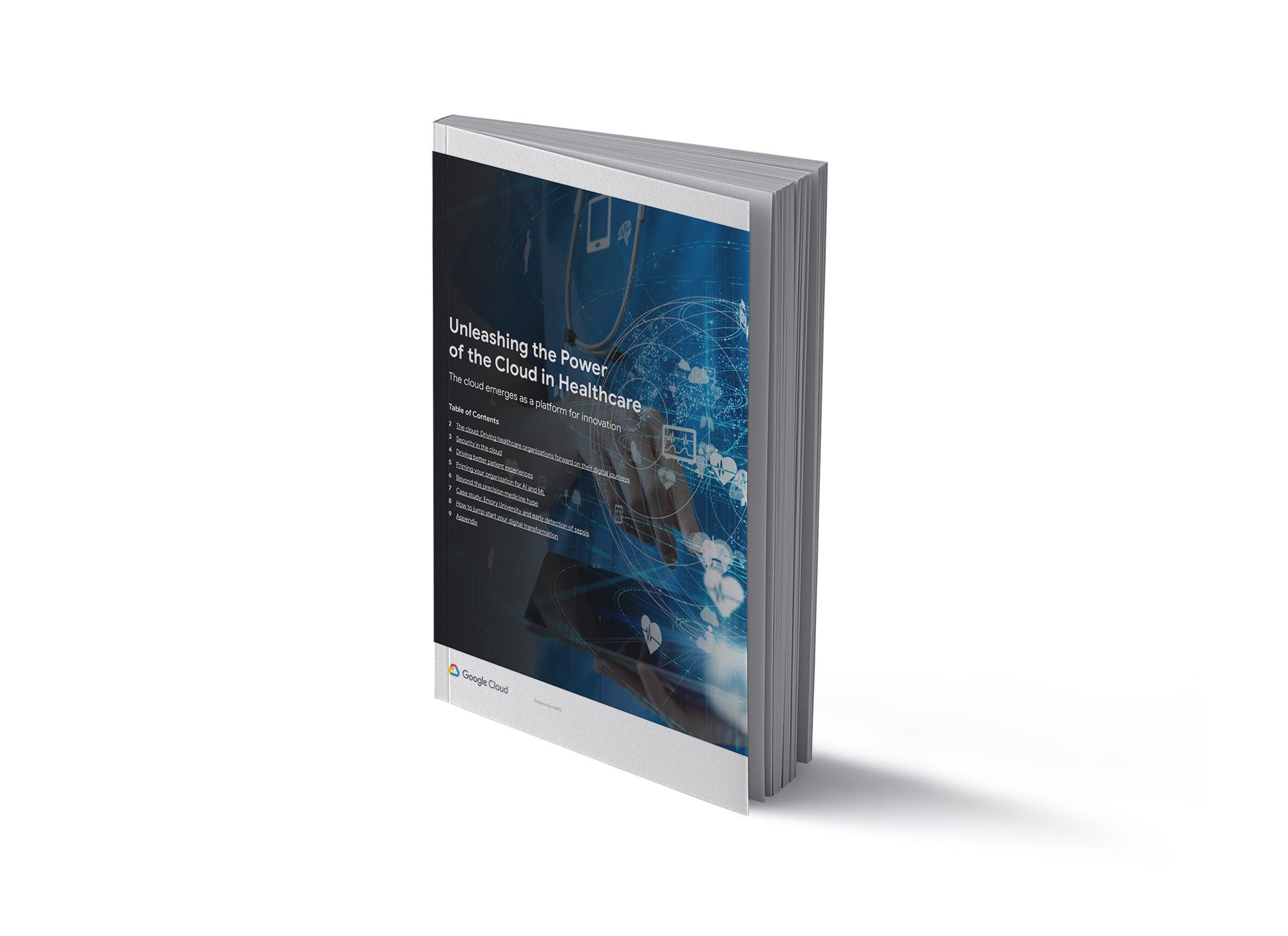The healthcare industry is constantly evolving with new innovations and advancements that are changing the way medical professionals approach patient care. In this article, we highlight 10 transformative innovations that are driving the healthcare industry forward, including telemedicine, artificial intelligence (AI), wearable technologies, precision medicine, robotic surgery, virtual reality (VR), blockchain, 3D printing, health sensors, and nanomedicine. These technological advancements are improving patient care and outcomes, making healthcare more patient-centered, efficient, and effective. As we continue to embrace these innovations, there is potential for healthcare to be revolutionized in ways we never thought possible.
10 Transformative Innovations Driving the Healthcare Industry Forward
The healthcare industry is constantly evolving with new innovations and advancements that are changing the way medical professionals approach patient care. These innovations have transformed healthcare into a more patient-centered, efficient, and effective industry. Here are 10 transformative innovations that are driving the healthcare industry forward:
1. Telemedicine
Telemedicine has become increasingly popular in recent years, especially with the COVID-19 pandemic. It allows patients to access medical care from the comfort of their homes using video conferencing technology. Telemedicine eliminates the need for patients to travel to a medical facility, thus reducing costs, improving access to care, and enabling medical professionals to reach more patients.
2. Artificial Intelligence (AI)
AI is transforming the healthcare sector by improving diagnosis accuracy, predicting outcomes, and automating repetitive tasks. Machine learning algorithms can analyze vast amounts of data to identify patterns and predict disease progression. AI-powered chatbots can provide patients with immediate answers to their questions and help triage patients to the appropriate healthcare providers.
3. Wearable Technologies
Wearable technologies, such as fitness trackers and smartwatches, are becoming increasingly popular in the healthcare industry. These devices can track a patient’s vital signs, monitor their activity levels, and provide real-time feedback on their health status. Healthcare professionals can use this data to identify potential health concerns and develop personalized treatment plans.
4. Precision Medicine
Precision medicine involves tailoring medical treatment to an individual’s unique genetic and environmental makeup. Advances in genomics and molecular biology have made it possible to identify specific genetic mutations that cause diseases. Healthcare professionals can use this information to develop targeted treatments that are more effective and have fewer side effects.
5. Robotic Surgery
Robotic surgery allows medical professionals to perform complex surgical procedures with increased precision and accuracy. Robots can access hard-to-reach areas of the body that would be difficult for humans to access. This technology reduces the risk of complications and shortens recovery time for patients.
6. Virtual Reality
Virtual reality (VR) technology is being used in the healthcare industry to treat mental health disorders and acute pain. It provides patients with a highly immersive environment that helps them relax and reduces their anxiety. VR can also be used for medical training, allowing medical professionals to practice complex procedures in a safe and controlled environment.
7. Blockchain
Blockchain technology is increasingly being used in the healthcare industry to improve data security and interoperability. It allows for secure and transparent sharing of data between different healthcare providers and patients. This technology also enables patients to have more control over their medical records and ensure their privacy.
8. 3D Printing
3D printing is transforming the manufacturing of medical devices and prosthetics. This technology enables medical professionals to create personalized prosthetics and implants that fit an individual’s unique anatomy. It also allows for the creation of complex models and structures that can be used to plan surgical procedures and train medical professionals.
9. Health Sensors
Health sensors are small devices that can be worn on the body or implanted under the skin. These sensors can monitor a patient’s vital signs, track medication adherence, and detect changes in health status. Health sensors can provide valuable data to medical professionals, enabling them to provide more personalized and proactive care.
10. Nanomedicine
Nanomedicine involves the use of nanoparticles for medical purposes. These tiny particles can be used to deliver medication directly to a specific site in the body, reducing side effects and improving treatment efficacy. Nanoparticles can also be used for imaging and diagnostics, enabling medical professionals to see inside the body at a molecular level.
In conclusion, the healthcare industry is constantly evolving with new innovations that are improving patient care and outcomes. These 10 transformative innovations are driving the healthcare industry forward and holding the potential to revolutionize healthcare as we know it. By embracing these technological advancements, the healthcare industry can become more patient-centered, efficient, and effective.
